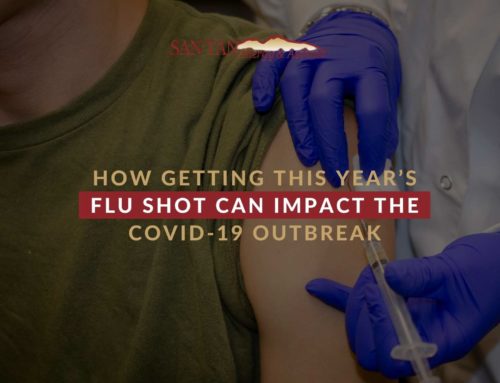By Deepa Grandon, MD. FAAAAI
I am often asked this reasonable question by patients with egg allergies or their
mothers. With all the confusing information provided by media and the internet, I
hope to shed some light on this matter based on medical studies.
The most recent update published in Annals of Allergy Asthma and Immunology in
2013 entitled ‘Update on influenza vaccination of egg allergic patients’ points
out that while most influenza vaccines are grown in eggs, all studies completed to
date do NOT show substantial risk of allergic reactions in egg allergic patients. To
quote one of the largest included studies,“Des Roches et al describes in the ‘Journal
of Allergy Clinical Immunology 2012’ their own study as well as the 26 previously
published studies in which collectively 4,172 patients with egg allergy received
4,729 doses of Inactivated Injectable Influenza Vaccine with no cases of
anaphylaxis, including 513 with severe allergy who uneventfully received
597 doses. “
Also, there are currently two new influenza vaccines not grown in eggs that have
been approved for patients 18 years and older; Flucelvax (Novartis) and Flublok
(Protein Sciences).
Here are some current recommendations based on the Adverse Reactions to
Vaccines Practice Parameter 2012 update which is consistent with new
recommendations from the Centers for Disease Control’s Advisory
Committee on Immunization Practices (ACIP)
– Patients with egg allergy of ANY severity, including anaphylaxis, should
receive influenza vaccine annually, using any age-approved brand of
injectable influenza vaccine in an age-appropriate dose. Such patients can
receive the vaccine as a single dose without prior vaccine skin testing.
– If the reaction to the ingestion of eggs was hives only, the vaccine could
be administered in a primary care setting. However, if the reaction to the
ingestion of eggs was more severe, the vaccine should be administered in
an allergist’s office. No more than the usual precautions applied to any
other vaccine need be implemented.
– For egg-allergic patients 18 years of age and older, either egg-based or
egg-free injectable influenza vaccine can be used.
I hope this helps alleviate the stigma associated with the flu shot. On average
294,000 people, including 21,000 children less than 5 years of age, are
hospitalized each year in the US due to influenza and an average of 24,000 die.
Sadly, much of this morbidity and mortality can be prevented by vaccination. It is
likely that some of these preventable hospitalizations and deaths include patients
not vaccinated because they are egg-allergic and misinformed by popular media.
Your licensed health care provider is your best source of information. Please feel
free to discuss your concerns with them.
Here are additional websites to get more information
http://www.cdc.gov/vaccines/acip/meetings/downloads/min-archive/min-
jun12.pdf
http://www.iom.edu/vaccineadverseeffects.
References:
1. Update on influenza vaccination of egg allergic patients.
Kelso JM, Greenhawt MJ, Li JT; Joint Task Force on Practice Parameters
(JTFPP).Ann Allergy Asthma Immunol. 2013 Oct;111(4):301-2. doi:
10.1016/j.anai.2013.07.030. Epub 2013 Aug 20.
PMID: 24054370
2. Administration of influenza vaccines to patients with egg allergy: Update for
the 2010-2011 season.
Kelso JM. J Allergy Clin Immunol. 2010 Dec;126(6):1302-4. doi:
10.1016/j.jaci.2010.10.015.
PMID: 21134575







